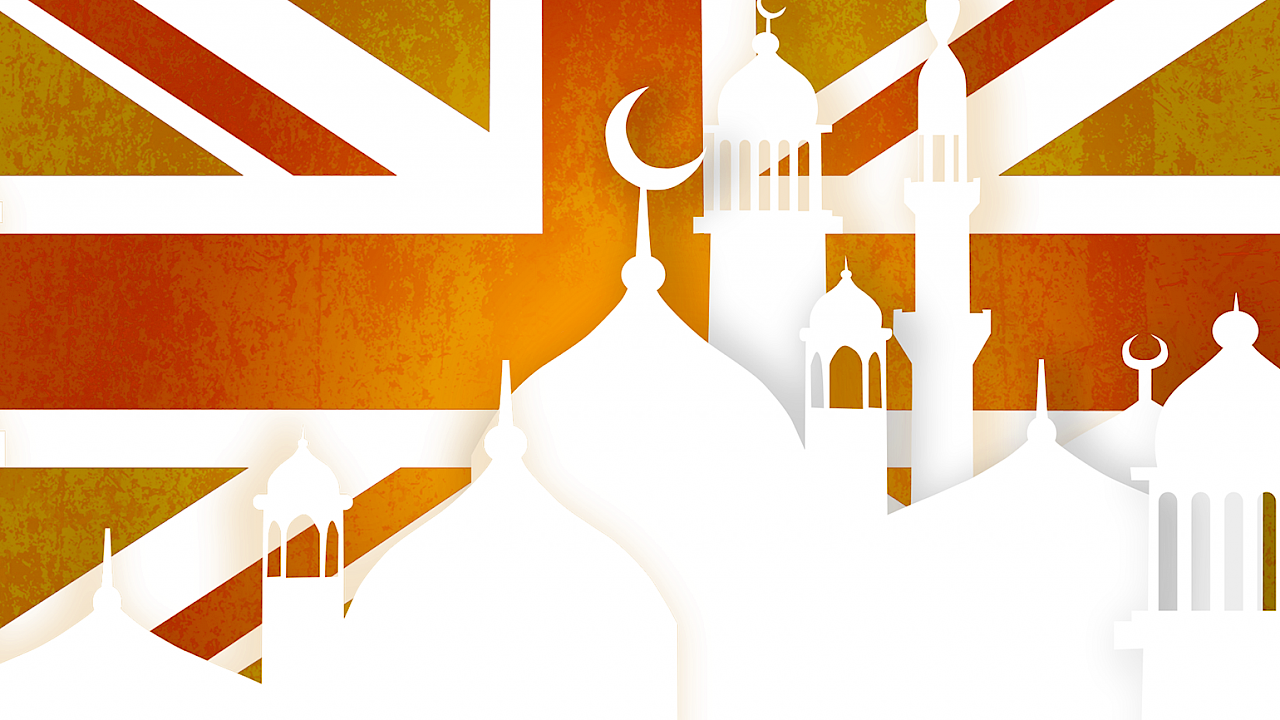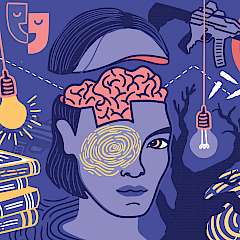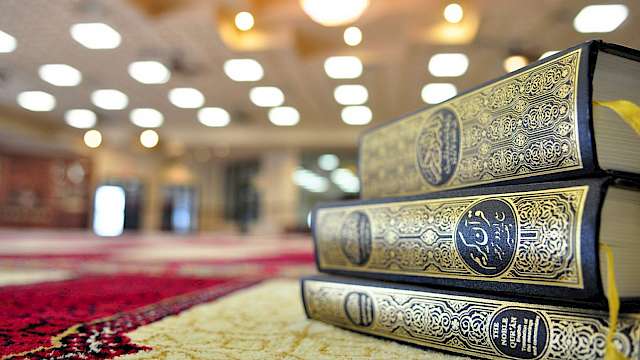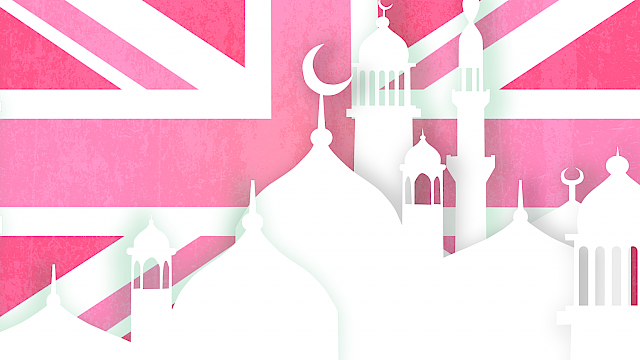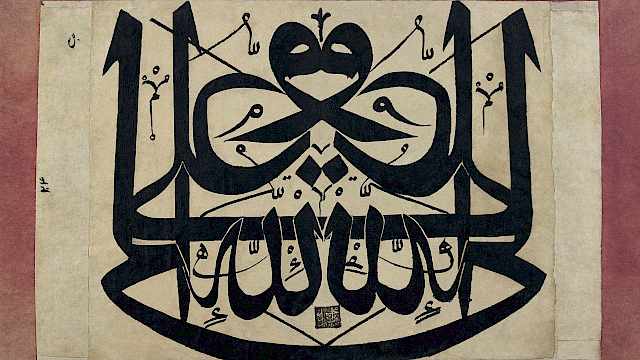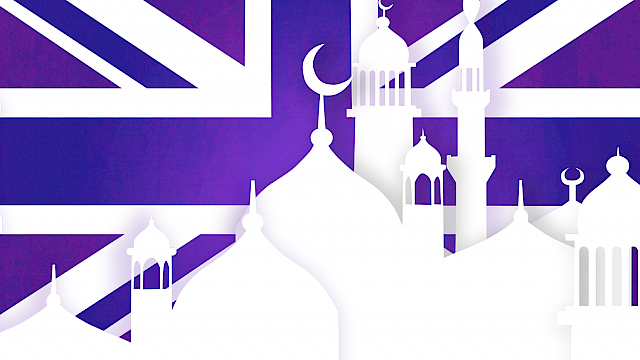Muslim women in the UK have been the subject of academic research and wider public debate, but discussion of their identities has too often focused around the subject of veiling. Male gender issues are under-researched. Common stereotypes, of British Muslim men as gangsters or terrorists, mask diverse masculinities, based on religion, class, educational achievement and other variables. This guide looks at gender identities in British Muslim communities, particularly among young people.
The guide draws on academic literature from Islamic studies, religious studies, history, sociology, anthropology, political science, education, social psychology, and policy and security studies, as well as information from a variety of websites produced by Muslim and Islamic groups, and material from news websites.
Key points
As a religion, Islam emphasises the spiritual equality of men and women, though it does differentiate their roles and responsibilities.
First-generation migrants who came to Britain from different countries imported their own cultural ideas about gender roles and women’s family. Patriarchal traditions about family honour, marriage practices, and the seclusion of women had an impact on Muslim women’s participation in wider society.
Muslim women in the UK continue to be less economically active than men, although their participation in the labour market is increasing. Nearly half of Muslim students are women.
Muslim women in the UK have been the subject of academic research and wider public debate, but discussion of their identities has too often focused around the subject of veiling.
Muslim women take roles as prayer leaders and teachers of other women, active civil society organisers, and charity fundraisers.
Male gender issues are under-researched. Common stereotypes, of British Muslim men as gangsters or terrorists, mask diverse masculinities, based on religion, class, educational achievement, and other variables.
There are significant generational differences in British Muslim communities. Religiously minded young people have often been attracted to a culturally unadulterated form of Islam, and often criticise their elders for a narrow focus on ethnic culture and traditions.
Although some young people from Muslim families think of themselves as ‘Muslim first’, not all Muslims are overtly religious. There are many who see themselves as ‘cultural Muslims’, ‘secular Muslims’ or ‘ex-Muslims’
Copyright Information
As part of CREST’s commitment to open access research, this text is available under a Creative Commons BY-NC-SA 4.0 licence. Please refer to our Copyright page for full details.
IMAGE CREDITS: Copyright ©2024 R. Stevens / CREST (CC BY-SA 4.0)
